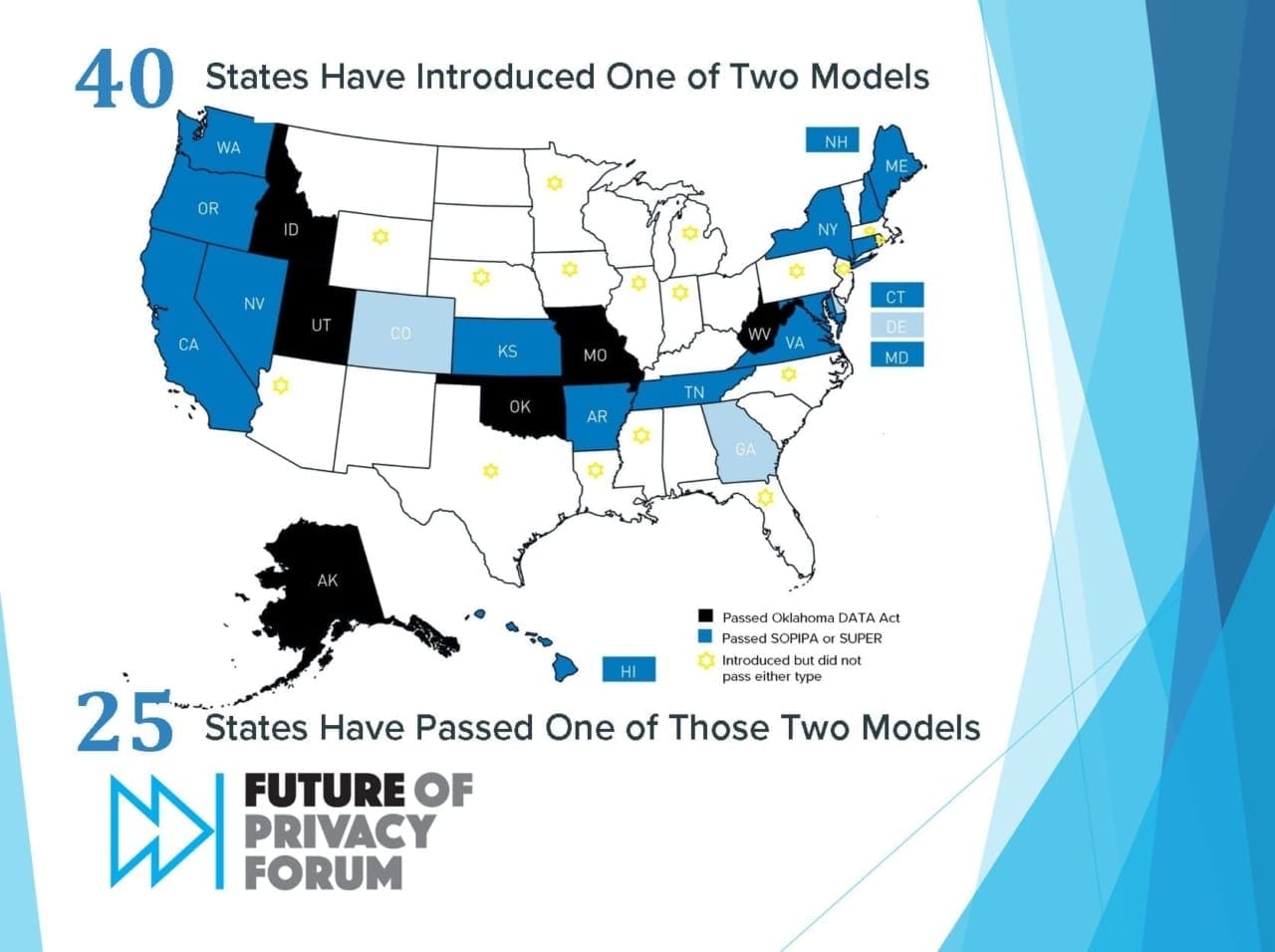How can a state pass a regulation? – Imagine crafting a brand-new regulation that affects your neighborhood– a brand-new method to maintain your roads secure, a means to enhance education and learning, or a fresh method to environmental management. It’s an effective procedure, one that entails cautious factor to consider, public input, and a distinct course via the state’s legal equipment. This procedure, while relatively intricate, is in fact an interesting instance of freedom at work.

The trip normally starts with a concept. This can originate from a worried resident, a team of protestors, a federal government authorities, and even a lawmaker themselves. When a concept is recognized as worthwhile of factor to consider, the following action usually entails comprehensive research study and preparing. This phase is crucial. The recommended regulation requires to be plainly expressed, extensively considered, and well-reasoned. It requires to deal with the problem handy in a well balanced and reasonable method.
The Legislative Process is an essential component of the procedure. State legislatures, normally made up of agents from numerous areas within the state, play a main duty. These agents are chosen by the individuals and are accountable for passing regulation. The specifics of the legal procedure differ somewhat from one state to another, however the basic structure is normally comparable. Below’s a streamlined introduction:
- Introduction: The recommended regulation, or costs, is officially presented in the legislature. This is usually done by a funding lawmaker.
- Committee Review: The costs is after that examined by appropriate boards within the legislature. These boards explore the information, holding hearings, and possibly making changes.
- Debate and Voting: The costs relocates to the flooring of the legislature for argument and ballot. Participants of the legislature can suggest changes and supply their point of views on the regulation.
- Approval by Both Chambers: Usually, a costs needs to be authorized by both your home and the Senate to progress.
- Governor’s Action: Once both chambers accept the costs, it’s sent out to the guv. The guv can authorize the costs right into regulation, veto it, or take no activity. The legislature might try to bypass the veto with a supermajority ballot if the guv vetoes the costs.
Public Input is necessary. Throughout the procedure, the general public has the possibility to articulate their viewpoints. Public hearings, neighborhood online forums, and on-line systems usually offer methods for residents to share their point of views. This input is crucial in making certain that the regulation shows the demands and problems of the whole neighborhood. Consider the popular Civil Rights Movement or the ecological advocacy of the 1970s, which greatly influenced regulation. These motions show exactly how public interaction can form plan.
Ultimately, passing a regulation is an intricate procedure that calls for cooperation, concession, and a dedication to offering the very best rate of interests of individuals. It’s a testimony to freedom at work, a procedure that, while complex and often slow-moving, equips residents and promotes favorable adjustment within their areas. Think about the spots Supreme Court choices or the environmental management legislations that have actually formed our country. These instances show exactly how impactful legislations can arise from a devoted procedure.
